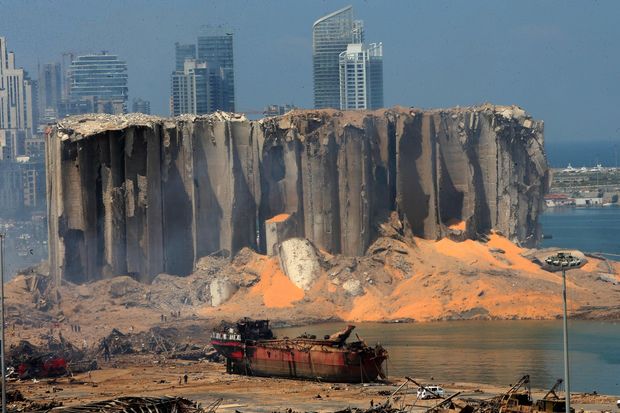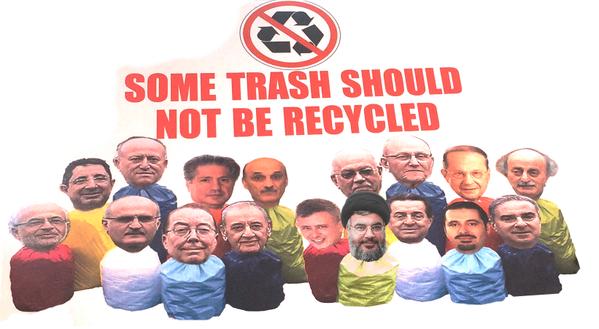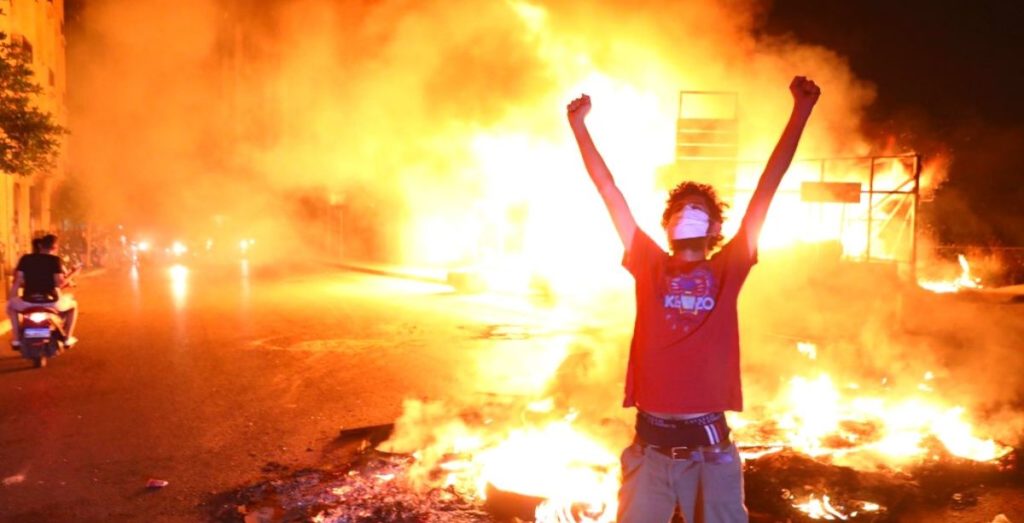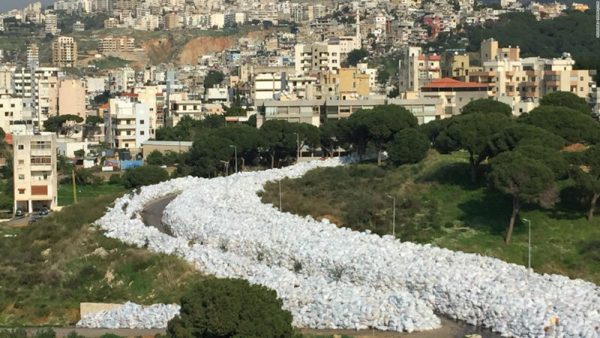The August explosions in Beirut were the latest in a series of man-made disasters that have led some experts to say Lebanon is becoming a failed state.
Beirut suffered devastating explosions in August that many have attributed to government negligence. The blasts—on top of Lebanon’s failing economy, rampant corruption, insufficient infrastructure, and increasing poverty—have fueled conversations about whether Lebanon is so dysfunctional that it should be considered a failed state.

75 % : Share of Lebanese who will be living in poverty in 2020, up from an estimated 45% before the pandemic.
22 hours : Duration of blackouts afflicting some parts of Lebanon, with most other parts losing electricity for several hours per day.
$6- 8 billion : Amount smuggled out of Lebanon by bankers since October
175% : Size of public debt as a percentage of gross domestic product (GDP)
1.7 million : Number of refugees in Lebanon, which is struggling to support the world’s highest per capita refugee population
120, 000 tons: Amount of food lost in the Beirut explosions, leading to fears of rising food insecurity
Sources : CNN; Financial Times; Human Rights Watch; UNHCR; World Food Program.

The government’s inefficacy is tied to the sectarian political order enshrined in a 1943 agreement. To reflect the major religious groups among the population of nearly seven million, a Sunni Muslim serves as prime minister, a Maronite Christian as president, and a Shiite Muslim as the speaker of parliament. But by concentrating power among certain families and former warlords—including the leaders of Hezbollah, the Future Movement, and the Free Patriotic Movement, which are primarily affiliated with Shiites, Sunnis, and Christians, respectively—the system promotes cronyism and parochial interests over vital reforms.

As part of a protest movement spurred by a proposed tax on the use of the popular messaging service WhatsApp in October 2019, Lebanese have demanded the ruling elite cede power to a technocratic government.
Catalysts for the public’s anger include the failing economy and lack of public services. The Lebanese pound is pegged to the U.S. dollar, but when the central bank tried to maintain an exchange rate of 1,500 pounds to the dollar amid increased demand for the U.S. currency last year, the ensuing dollar shortage left many people unable to access their savings.

More recently, the Beirut blasts sparked fears of food insecurity because the damaged port housed silos containing 85 percent of Lebanon’s cereals, leaving the country with less than a month’s worth of grain reserves.
The port also received most of Lebanon’s fuel imports, a vital resource for a country that hasn’t had a complete electrical grid since its 1975–1990 civil war. The country’s waste management systems also suffer from poor infrastructure.
Whether Lebanon can avoid becoming a failed state is unclear. The government resigned after the Beirut explosions, and the country will have to install a new cabinet and institute certain reforms to receive much-needed foreign aid. But while the reforms would address major issues including electricity and corruption, the country’s flawed political system would remain intact.
COUNCIL ON FOREIGN RELATIONS

Leave a Reply
You must be logged in to post a comment.